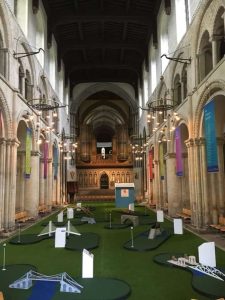Opplyst liv
Wounded Polity
On a visit to the University of Notre Dame this week, I gave a lecture entitled ‘Living with Wounds: The Passion in Theology and in Our Lives’.
You can listen to it here.
On 8 February, Gracie Abrams gave a concert in Madrid: a young woman apparently with everything going for her: beautiful, prosperous, wildly successful. In Madrid she wore with elegance a white silk dress. The dress could have been a wedding dress, a garment of joy, had it not been for its long, black shoulder ribbons, portents of grief that, when Gracie started singing, seemed to indicate the core of her message. For there is in her texts a piercing sadness bordering on, perhaps touching, despair. Gracie was born in 1999. Her song Camden begins with the line, ‘I never said it, but I know that I can’t picture anything past 25’. A recurring theme is the need to hide grief, to ‘bury baggage till it’s out of sight’ while outwardly toeing the line, calling it fine, hoping nonetheless that somebody might ‘notice how I’m trying’. A mantra-like refrain runs: ‘All of me, a wound to close, but I leave the whole thing open.’
We hand the cross-overshadowed naves of our cathedrals over to mini-golf. We engage in more or less desparate PR stunts designed to show our relevance. Meanwhile, a stone’s throw away, in the secular arena, young people sway disconsolately, softly singing together that life is an open wound and that there is no balm in Gilead.

‘Kent’s most unusual adventure golf course is now open at Rochester Cathedral’, wrote the editors of Rochester Cathedral’s website on 1 July 2019: ‘created in partnership with the Rochester Bridge Trust, the Medieval Nave will be filled with a bridge-themed adventure golf course. The course has been designed to encourage young people to learn more about the engineering behind bridges.’
